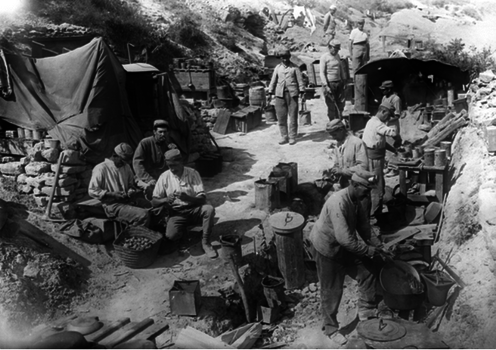Or did it? Korea happened after that, and it had China on one side and the US on the other. After the French lost in Vietnam America stepped in. Angola, multiple wars against Israel, those all happened after the creation of the UN - and there are 14 wars happening right now. They are just not in developed nations so don't get much media coverage. But developed nations have gotten nicer. Despite hyperbolic coverage of gun deaths in the US, bother murder and armed violence are lower than a generation ago. Somalia may be laughing that a psychologist in a rich country thinks the Long Peace began in 1945, and will laugh even more that two statisticians at the University of Oslo want to make a minor modification and change it from World War II to Vietnam. Meanwhile, other experts, such as University of Colorado computer scientist Aaron Clauset has analyzed data concerning all interstate wars from around 1820 until today and has concluded that this peaceful period needs to last perhaps another 100 or 150 years before it is possible to say that the world has undergone any lasting change.

Gallipoli
There is logical grounding for both positions. By 1970 Americans were certainly tired of fighting someone else's war, but by 1990 America was right back in it, in Kuwait. The only place there has really been a Long Peace is Europe, which has had its longest peacetime in history, and that coincides with America continuing to have troops in Germany standing against a Russia that becomes peaceful or aggressive in cycles. But what if America leaves? Europe is reliant on Russia for food and energy, nothing stops them from behaving toward Europe as they did Ukraine. Will they stand and fight if that happens? Certainly. So much for the Long Peace.
But this is arguing minor details. The Oslo group agree there is a Long Peace, and they concede the change-point in 1965 lacks a confidence level even economists or psychologists would accept. But they claim it is undoubtedly the clearest change point that it is possible to find in the existing data.
This is only interstate wars as well. If warring factions inside countries are counted, the world is still at war.





Comments